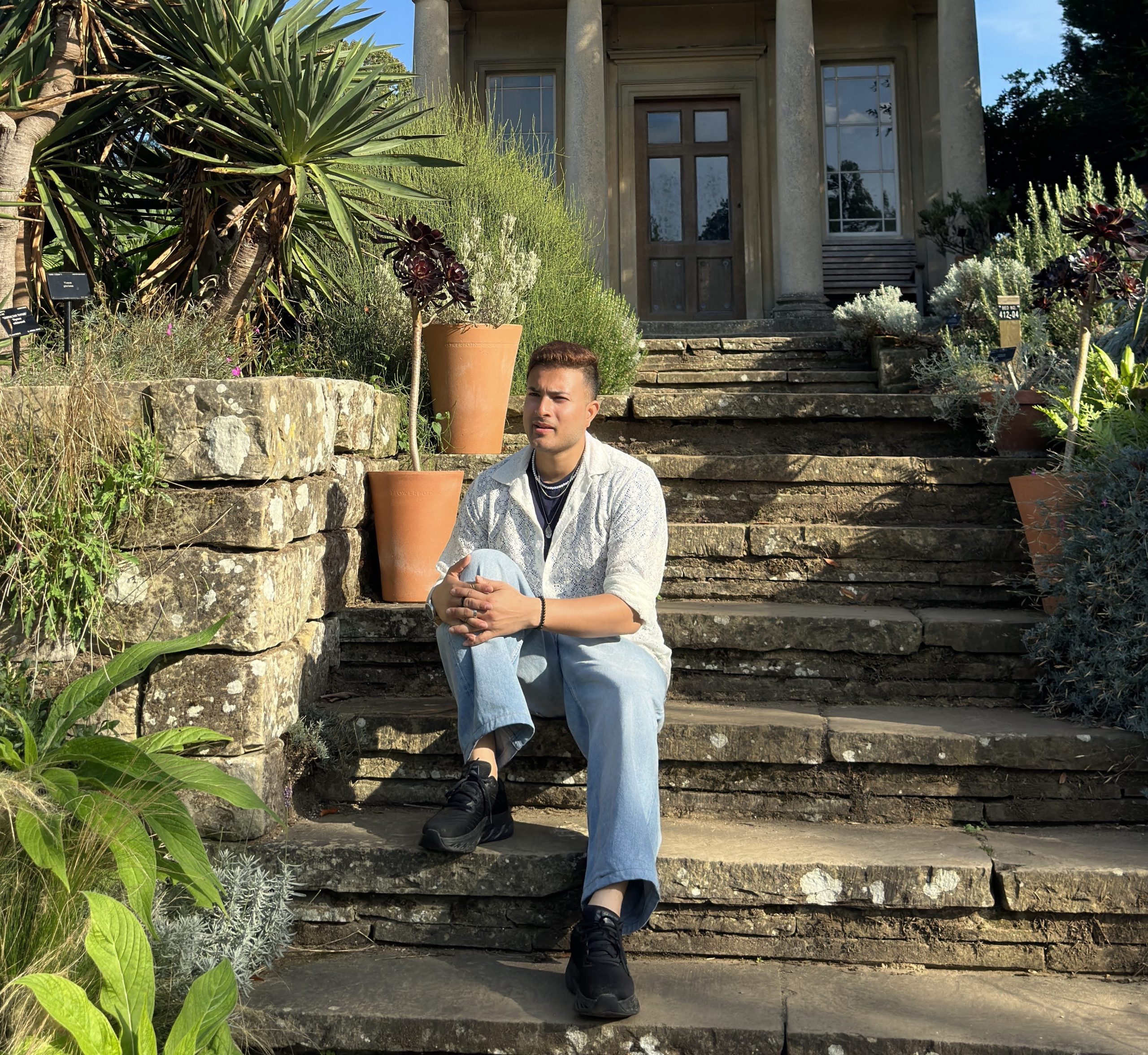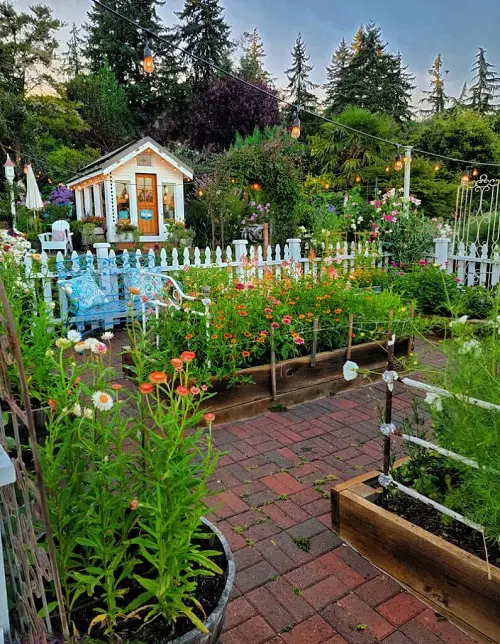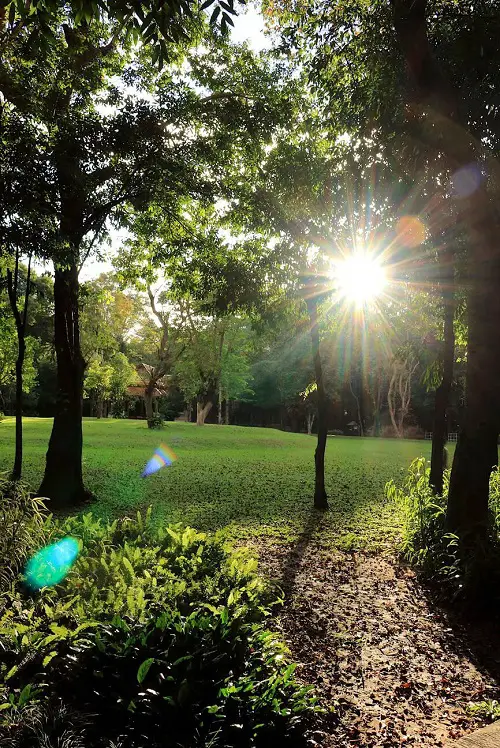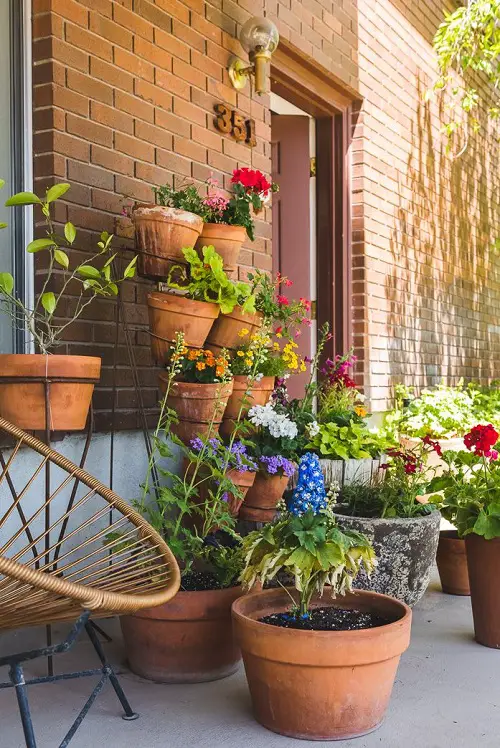Are you new to the world of plants? Here are some expert first time gardening tips to help you out!
For every first time plant parent out there, if you need a little help on how to go ahead and take the right care of the green friends you have in your collection, well, you are at the right place!
First Time Gardening Tips
1. Planning The Garden
If you want to get a proper start, sit down and plan your garden. It will help you know what to grow where rather than ending up with a jumble of plants that don’t look good together and might not suit your growing conditions.
Planning will also help you use the color and structure of plants wisely, helping you pick the best according to the conditions so that your garden looks great throughout the year.
2. Understand Sunlight
Misunderstanding how the sun shines on your garden can be a major failure for a new gardener. Remember that most edible plants, including many vegetables, herbs, and fruits, need at least 6 hours of sun in order to thrive. There are also flowering plants that will need equal bright light for optimal flowering.
If it gets plenty of sunlight, growing full sun flowers will be a good idea. If it doesn’t get that much sunlight, you can grow for shade loving shrubs.
3. Start Slow and Move Gradually
As a first-time gardener, you may be tempted to start growing multiple plants and want to do it fast. Never forget that gardening is all about patience, so you don’t have to take it all in one go.
Select a small piece of land and grow the easiest-to-care-for plants first. You can easily cover areas you don’t want to cultivate with cardboard or black plastic to stop weeds growing while you work your well-prepared patch.
4. Try Containers
It is possible that you are very interested in gardening, but are short on space. Don’t worry! You can grow many plants in pots, including vegetables, herbs, flowers, shrubs, and even small fruit trees!
Just make sure they get their sunlight and watering requirements properly met.
5. Learn About Your Zone
The hardiness zone tells you about the coldest place you can grow a plant. The higher the zone number, the warmer the climate. it will be a good idea to study your zone before you pick the plant in order to make a fuss free garden.
6. Keep an Eye on Pests
There are plenty of natural predators that will keep some pests in check, but once you see a pest population becoming an infestation, you need to act. Keep an eye on pests like aphids, slugs, and snails.
7. Make Good Use Of Compost
Don’t just put kitchen and garden waste into a dustbin—you can turn it into compost. This is not only good for your plants but also for the environment and wildlife.
You can collect the waste, let it break down for a year, and then use it as mulch around the base of plants in your garden and vegetable patch.
8. Take Care of Watering
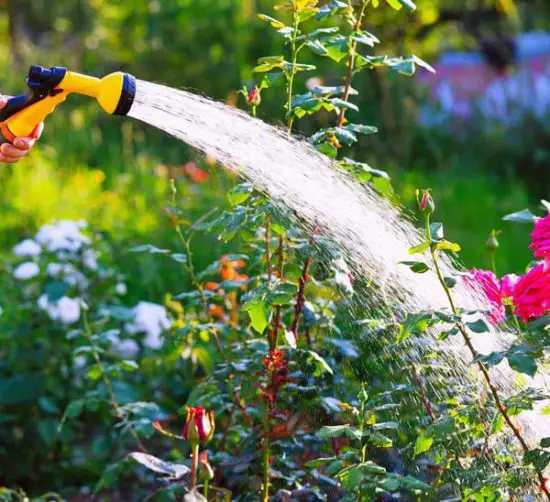
Garden consists of both container plants and the ones that are on the ground. You may have to water the potted ones more frequently than the garden ones.
Also, every plant has different watering requirement, but moistening the growing medium when it feels a little dry at about 1/2 inch on the topsoil works for every specimen.

